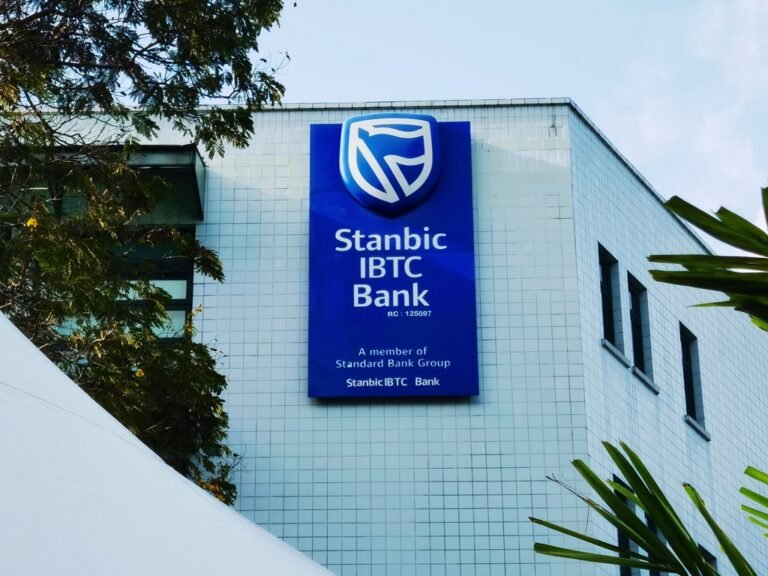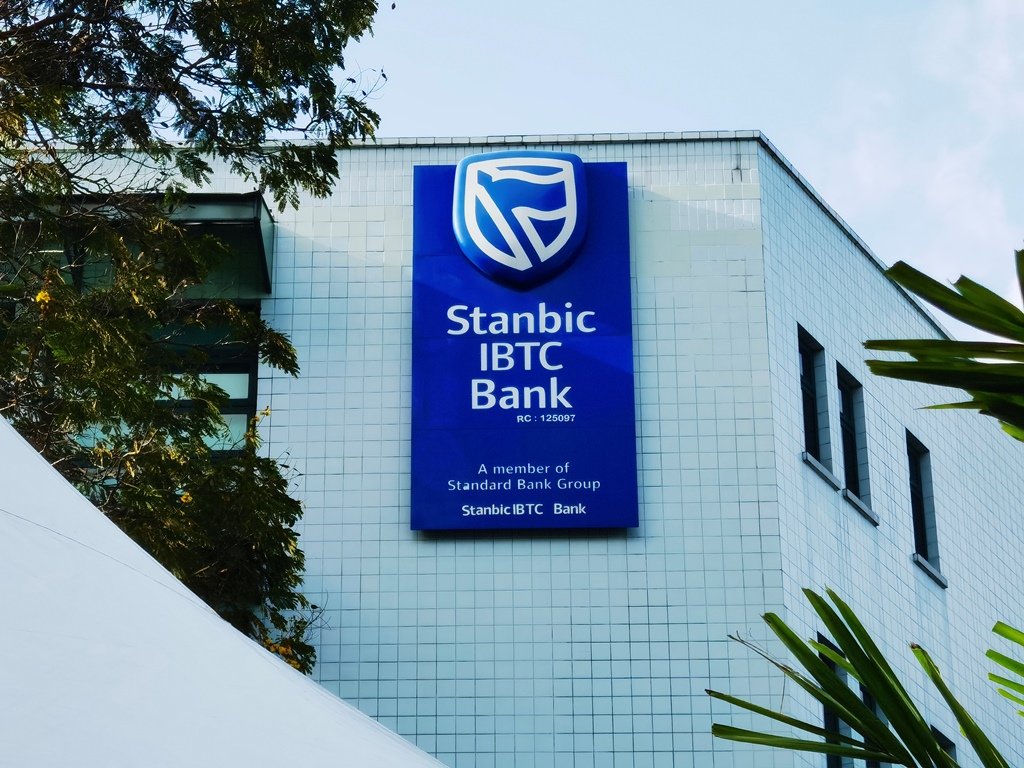The Nigerian National Petroleum Company (NNPC) Limited has increased the pump price of Premium Motor Spirit (PMS) to over N900 per litre, reflecting ongoing volatility in the downstream oil sector.
The recent surge in global oil prices, triggered by U.S. airstrikes on Iranian nuclear facilities, has significantly contributed to the petrol price hike in Nigeria, as heightened geopolitical risks in the Middle East drove Brent crude up by 5.7% to $81.40 per barrel before settling below $77.
This volatility in the global oil market directly impacts Nigeria’s fuel costs, given its heavy reliance on imported refined petroleum products.
Also Read:
- Dangote Refinery Adjusts Petrol Prices for Bulk Buyers to ₦955 Per Litre
- Petrol Prices Soar as Naira-for-Crude Deal Expires Today
- As Petrol Prices Increase Nationwide, Abia, Kebbi, Taraba Residents Paid Highest in August
- Dangote Refinery Slashes Petrol Prices at Loading gantry to N815/Litre Amid ongoing Oil Price War
In Lagos, the new retail price stands at N915 per litre, up N45 from N870, while Abuja residents are now paying N945 per litre, a N35 increase from the previous N910.
These adjustments were observed at key NNPC retail outlets, including the Palmgroove bus stop station in Gbagada, where signage confirmed the new N915 rate.
In Abuja, the price spike was evident at the NNPC station in the Federal Housing area of Lugbe, where petrol was dispensed at N945 per litre.
Private marketers swiftly followed suit
MRS, which has distribution ties to the Dangote Petroleum Refinery, revised its Lagos pump price from N875 to N925 per litre.
TotalEnergies outlets across the city adjusted prices to N910 from a previous N879.
Oluwafemi Arowolo Petroleum, located in Iba, Lagos, also raised its rate to N920 per litre.
The sharp nationwide uptick follows the Dangote Refinery’s recent decision to raise its ex-depot price to N880 per litre.
The refinery’s pricing change coincided with the June 15 announcement of a new national logistics framework aimed at improving fuel distribution across Nigeria.
Central to the plan is the deployment of 4,000 Compressed Natural Gas (CNG)-powered trucks, which are expected to enhance the transportation of petrol and diesel while aligning with the federal government’s clean energy transition goals.
Industry observers say the Dangote-led initiative could deliver long-term stability and pricing efficiency in fuel supply.


























